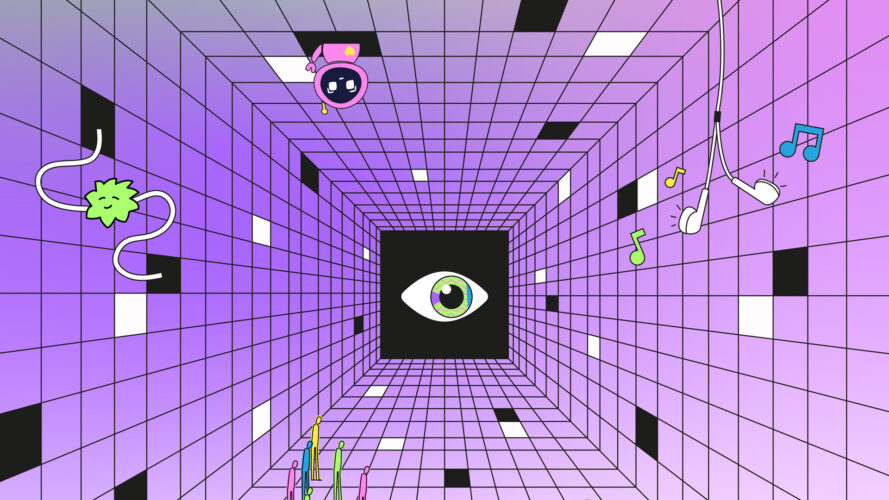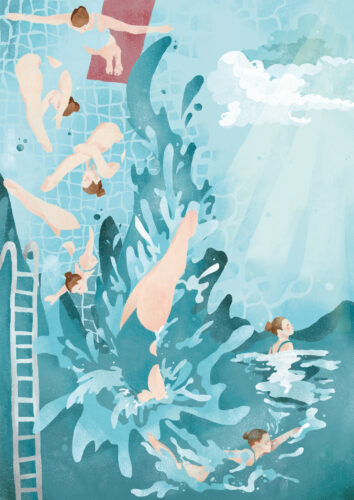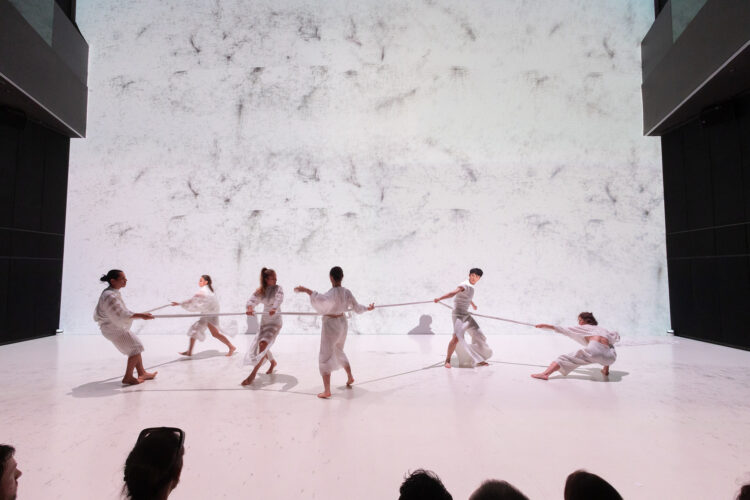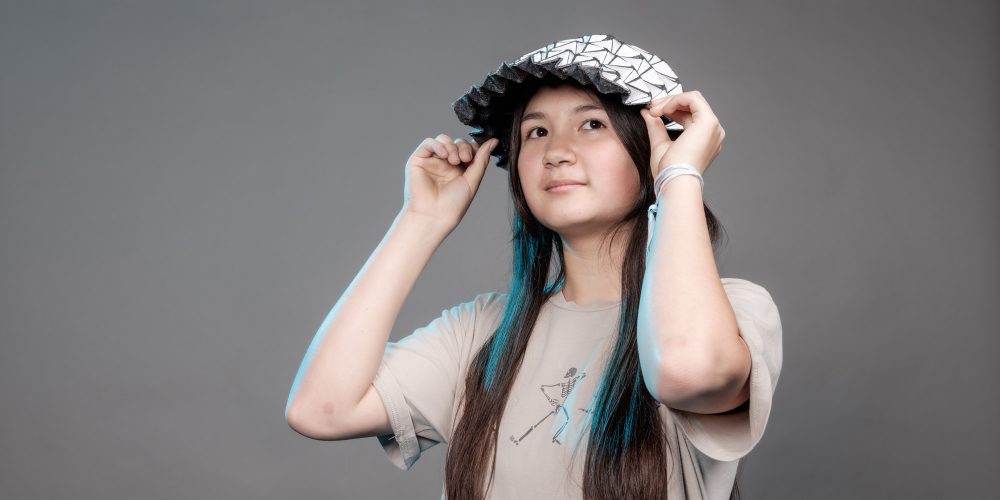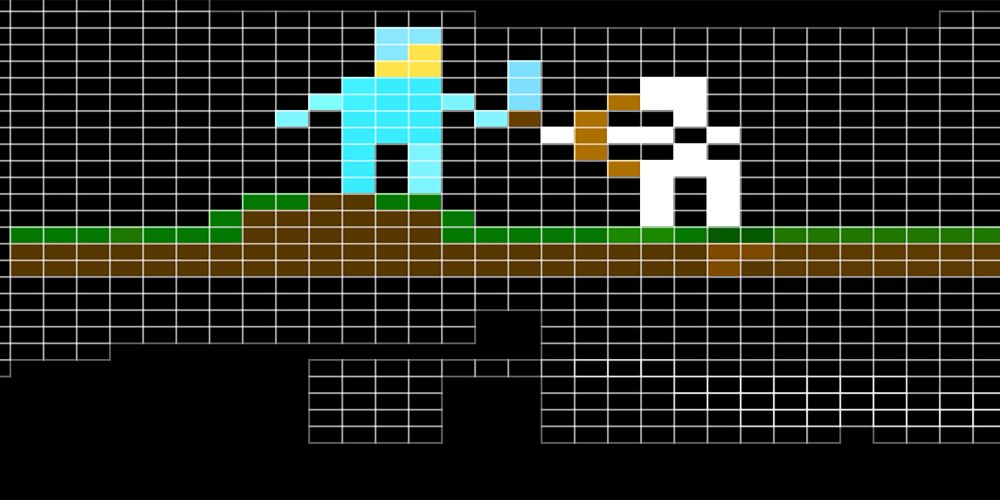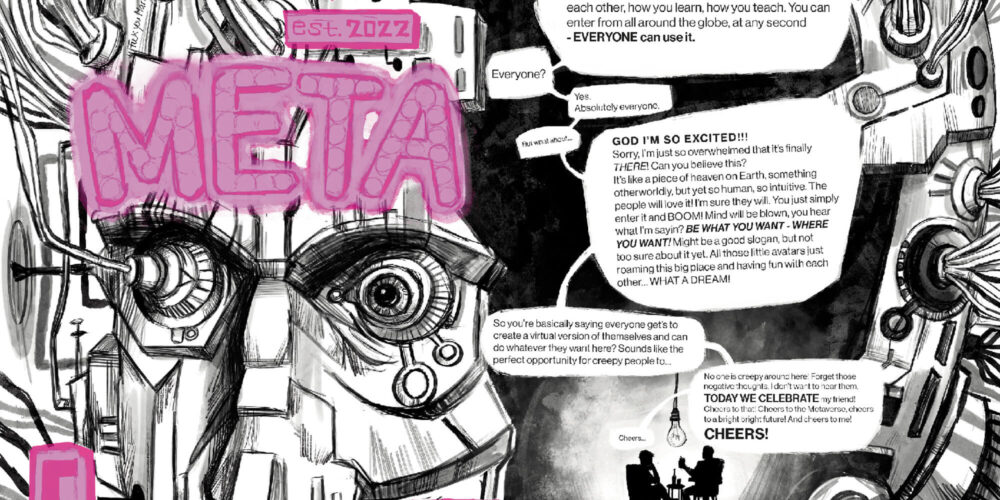
Residencies
-
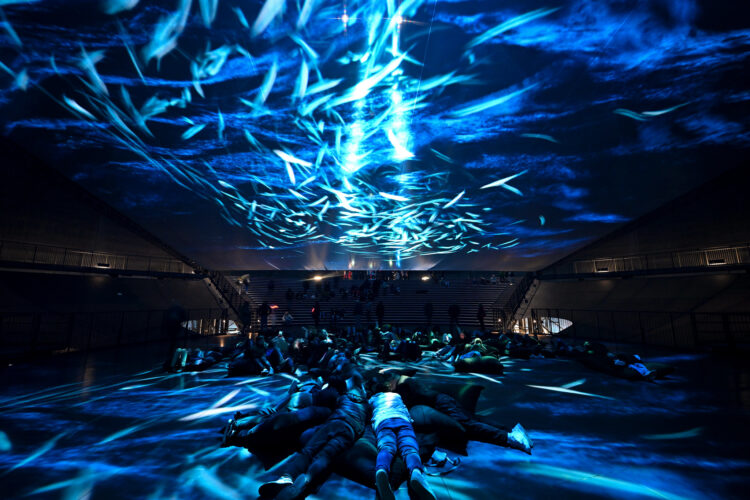
Where Technology meets the Future
From world-famous buildings to a unique composer, the endless depths of the ocean and an Austrian export hit: How Ars Electronica uses innovative technologies to implement artistic ideas.
-
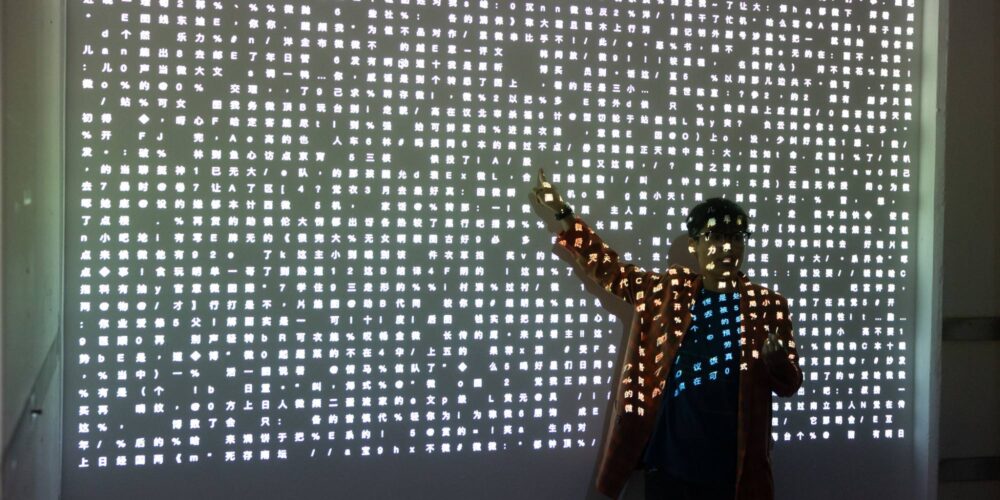
Borderline of Hope
Eunji Kwon has been selected as the second curator in residence for the Curatorial Residency Program enabled by ARKO. In this guest post, she reflects on the Prix Ars Electronica jury weekend from her personal perspective.
-
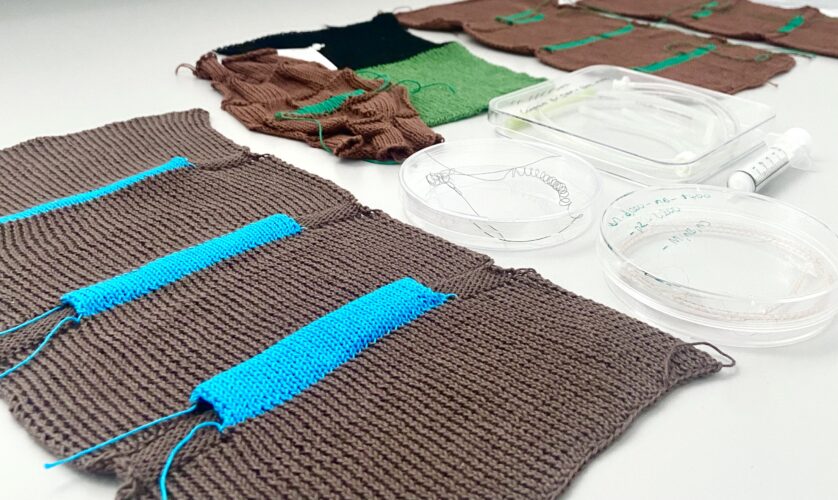
Rethinking clothing with knitting, origami, and Magic Girls
Material research meets design: Lingxiao Luo shows how programmable, sustainable clothing interacts with its wearers.
-
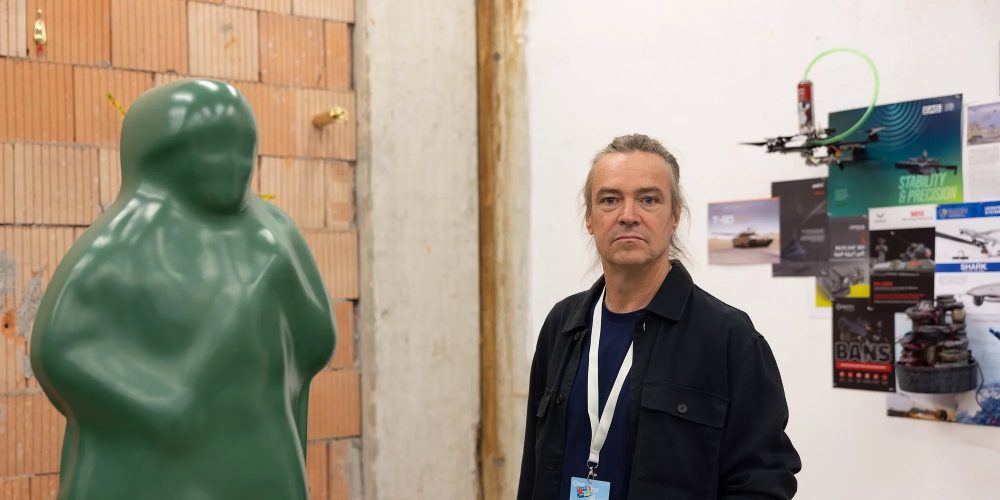
A Conscientious Objector’s Unconventional Art Project
Artist Tom Bogaert on investing in “sin stocks” of arms manufacturers as an act of resistance against the logic of war
-
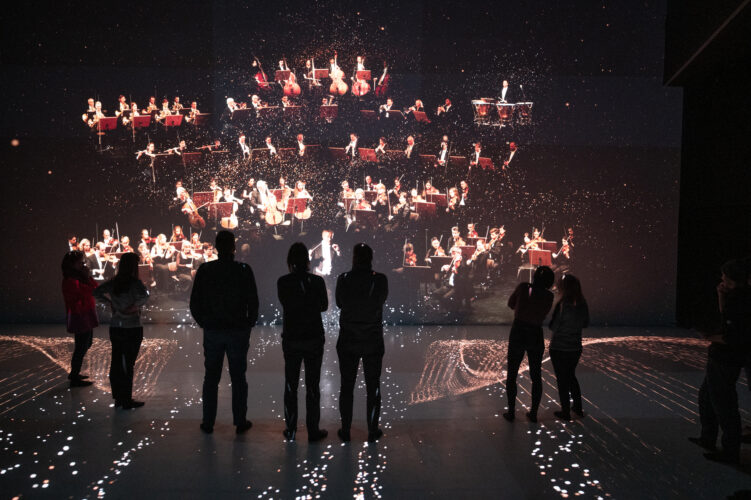
200 Years of Anton Bruckner: Music meets the latest Technologies
Upper Austria celebrates 200 years of Anton Bruckner in 2024. From February, you can experience the world of the famous composer in an unprecedented way at the Ars Electronica Centre!
-
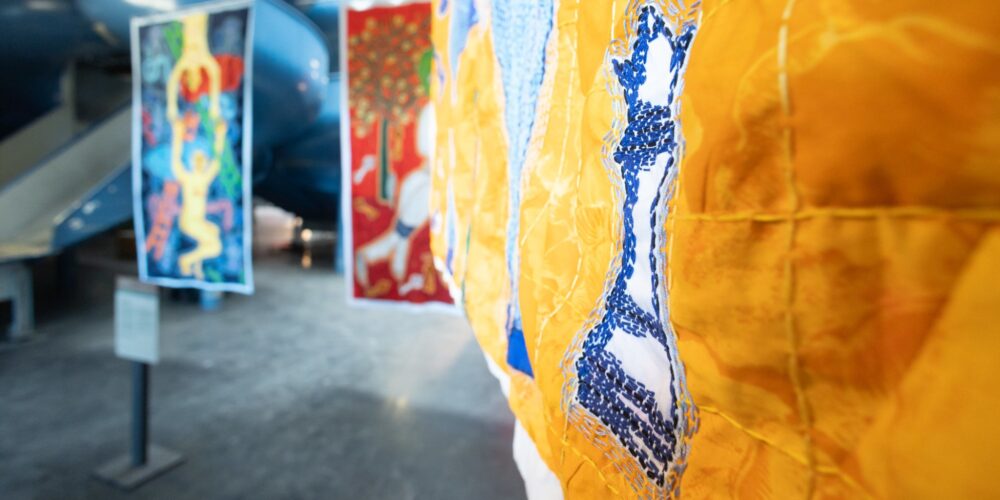
Ars Electronica Recap 2023: Off to New Horizons
The year is coming to an end, but before it does we want to look back on a year of creativity, challenge and inspiration.
-
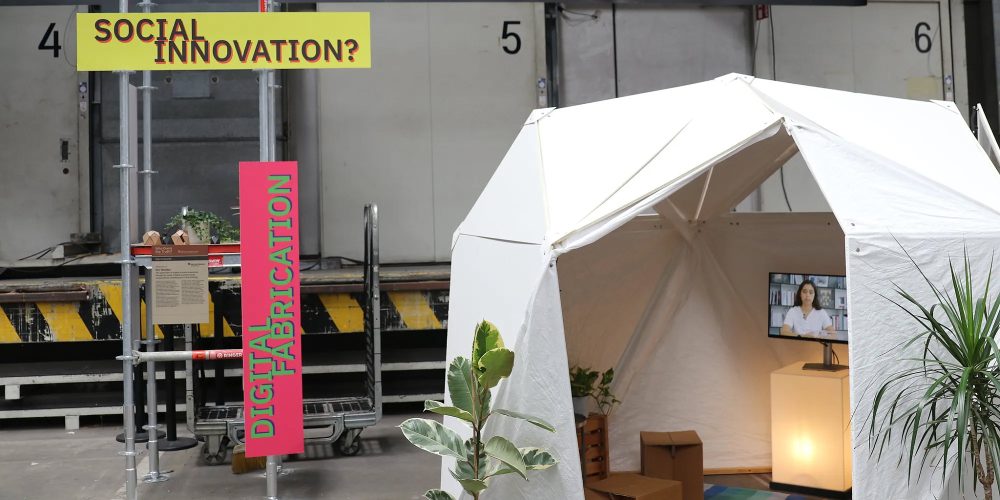
Origami for social innovation: Ori Shelter
Foldable, affordable, self-sufficient and recycled – Chiara Croci shows at the Ars Electronica Futurelab how emergency shelters can be rethought.
-
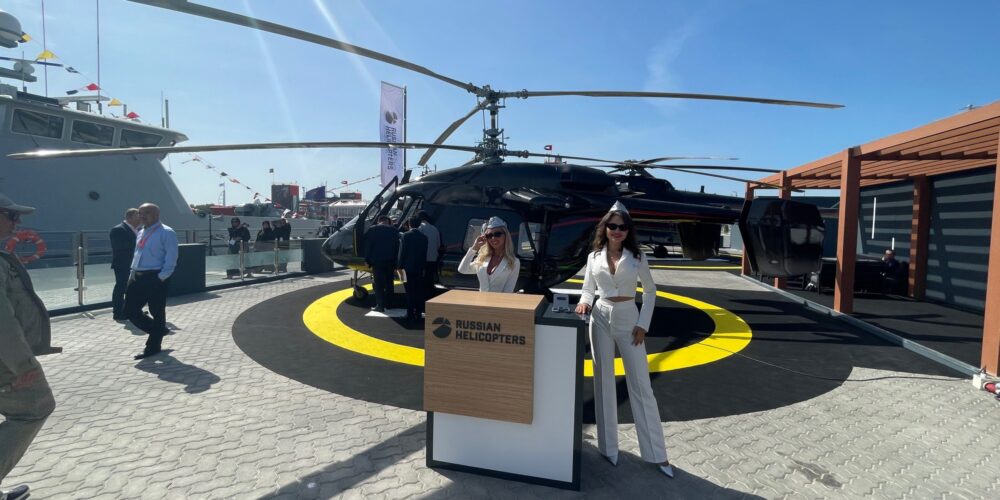
Resisting the logic of war: Objection
Hacking weaponry as an act of resistance: Ars Electronica Futurelab resident Tom Bogaert examined the intersections of politics, art and propaganda.
-
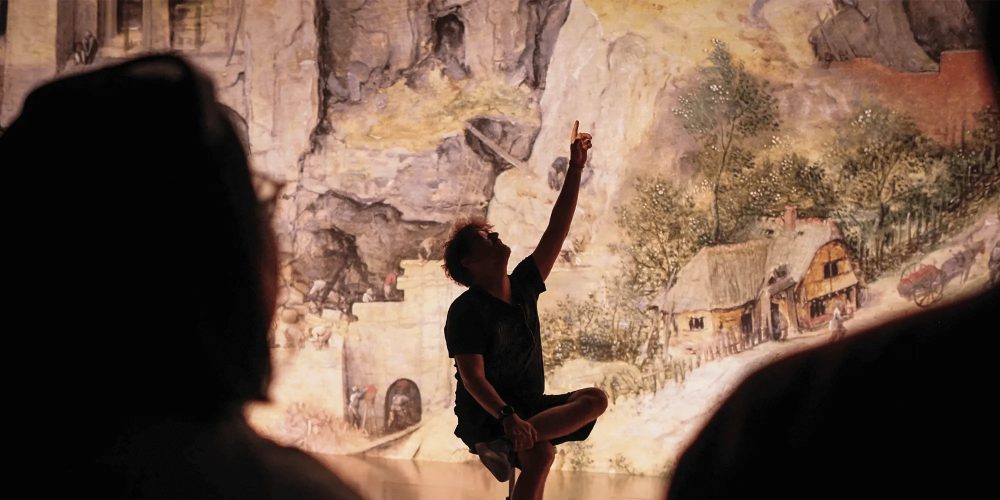
Of digital systems, colonialist implications, and sustainable solutions for technology.
In the first chapter of the Fall Term, Fellows and students together address infrastructures of digital systems. The Fall Term is part of the FOUNDING LAB, a collaborative prototype of a new university.
-
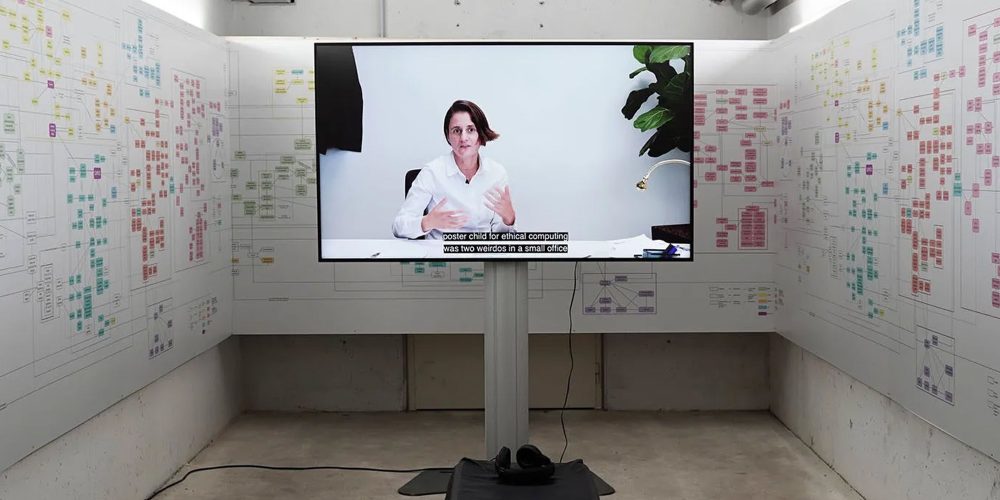
This was the third ArtScience Residency enabled by Art Collection Deutsche Telekom
We look back to one more year of the ArtScience Residency that was made possible through the support of the Art Collection Deutsche Telekom.
-
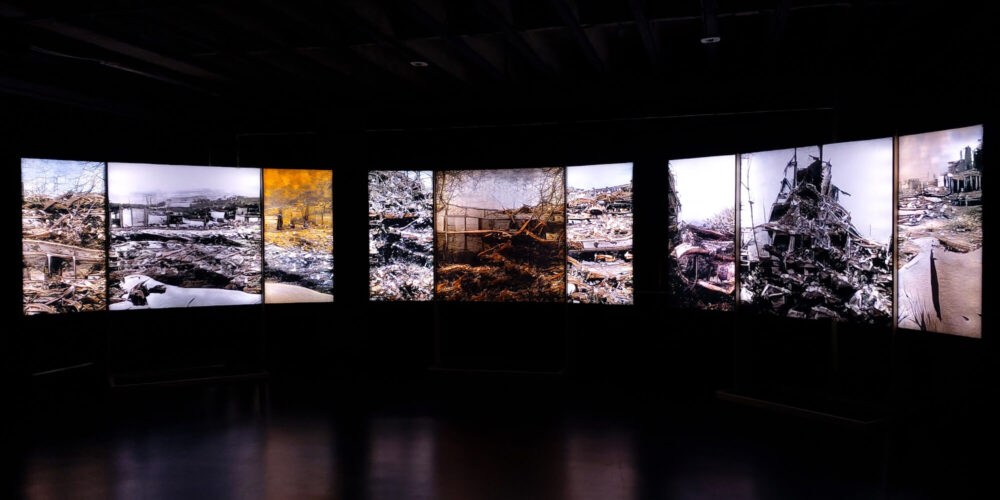
In Search of Truth between Polarized Spheres
Massive Binaries by Andy Gracie, winner of the Randa Art|Science residency, illustrates two different narratives of opposing spheres orbiting each other.
-
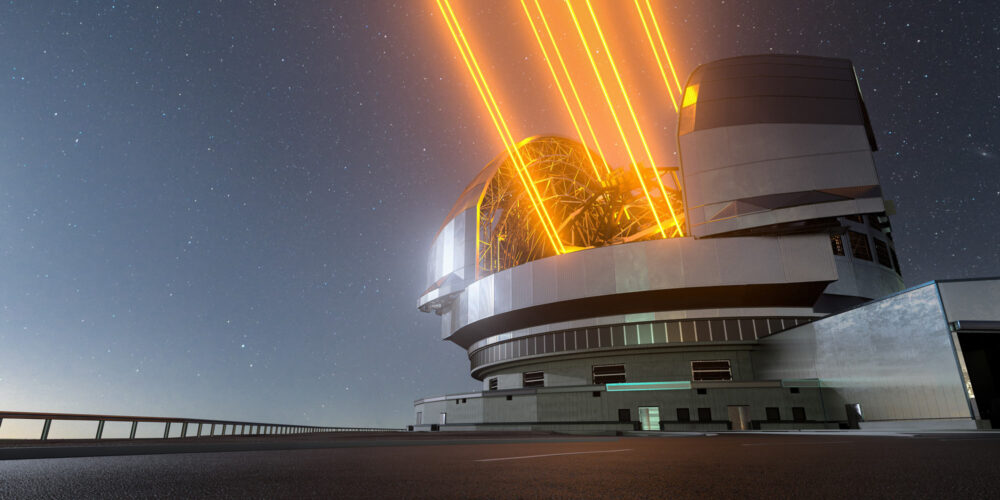
School, space or how to awaken curiosity about science
“School and Space 2023” symposium: The fascination for the infinite depth of space inspires young and old for science and technology.
-
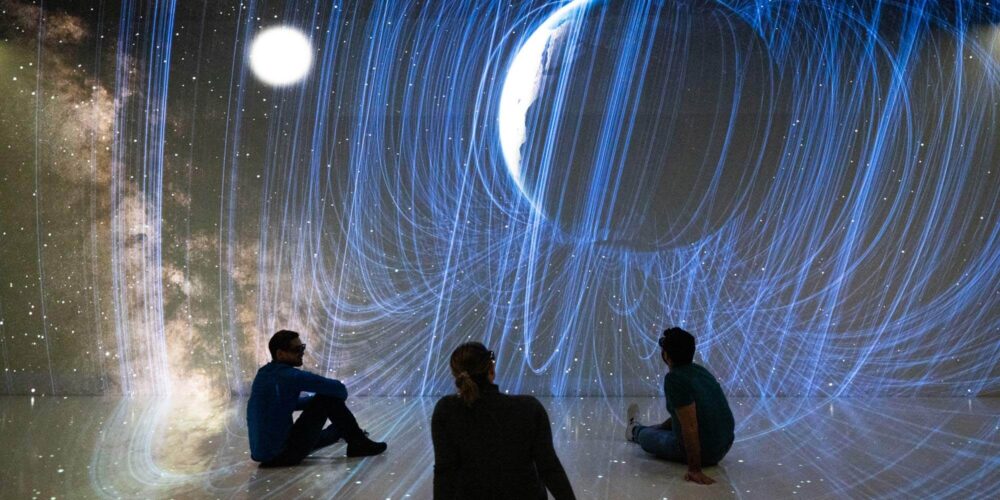
Is technology the answer?
What role does technology play in future life on this planet? To highlight Earth Day, Our Earth VR fuses 3D animation and sound to create a moving VR experience.
-
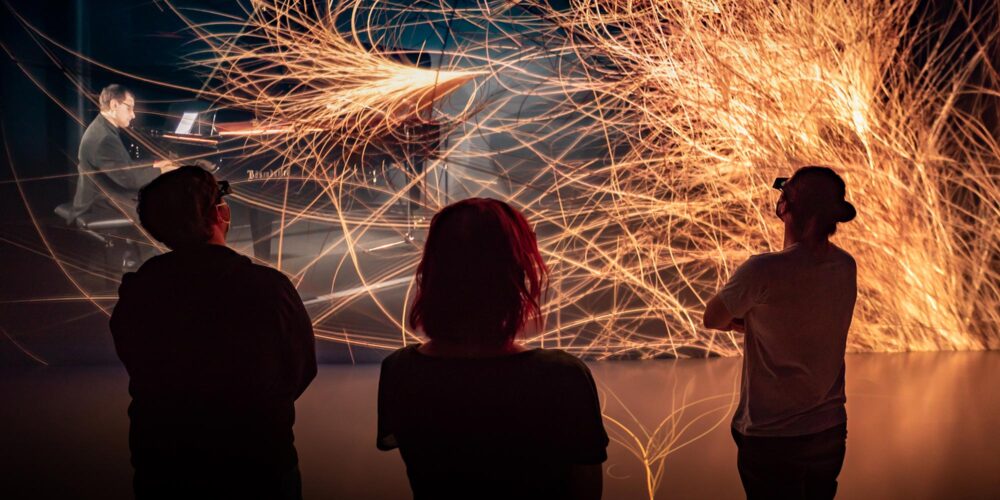
Ars Electronica celebrates Bruckner with “Being Anton”
Immerse yourself in Anton Bruckner’s world of music and thought – with unique experiences at the Ars Electronica Center for the 2024 celebration year.
-
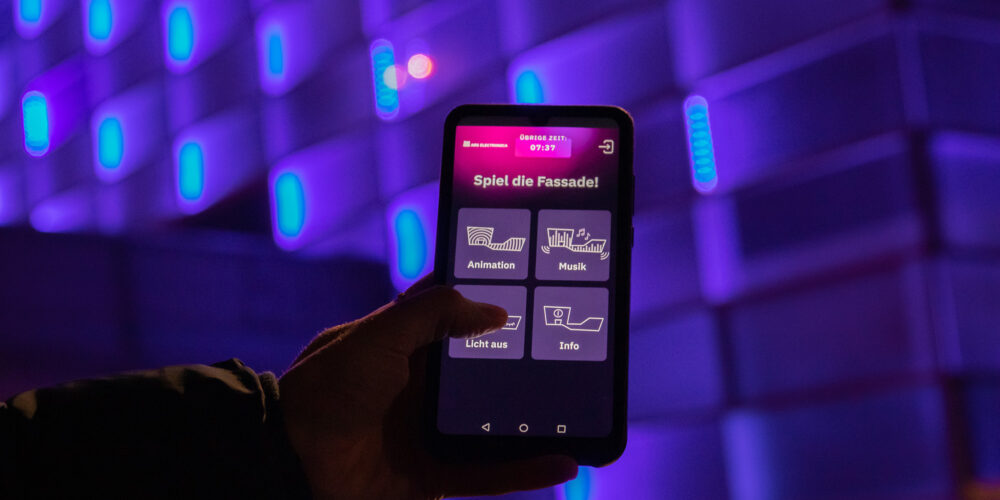
Play the Façade is back
Animations – light – music: You decide how to use the Ars Electronica Center’s media façade as a public canvas!
-

In digital fight for justice
Cyber tools against environmental crimes: For those who love the truth, we make digital investigation methods available at Citizen Science Days.
-
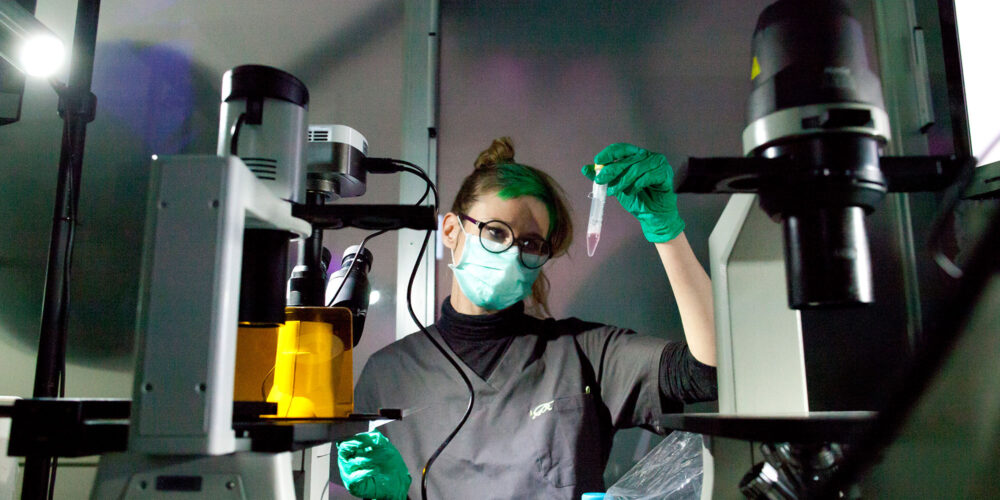
What about AIxxNOSOGRAPHIES?
For the third round of the ArtScience Residency Rainald Schumacher met artist Špela Petrič, the winner of the 2023 edition, for an interview.
-
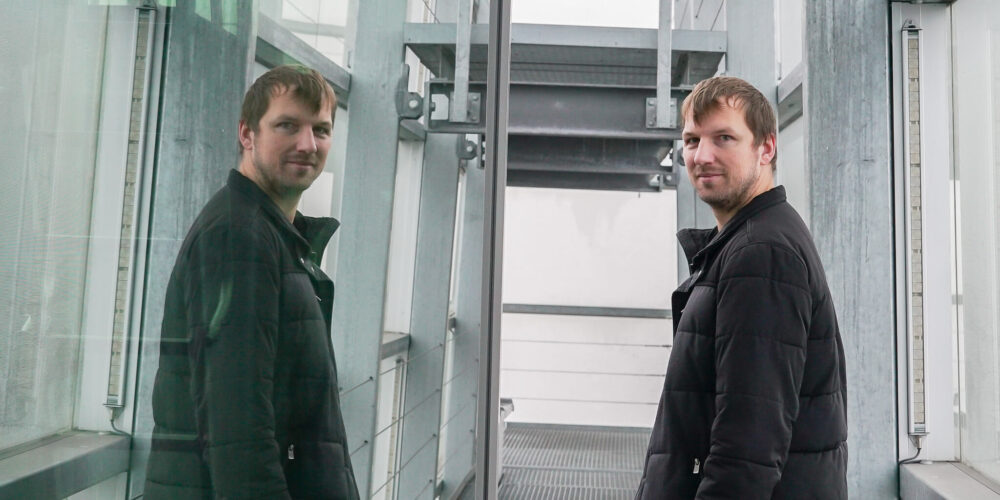
The energy changer
Citizen Science has many faces, Elias Silber is one of them: His commitment optimized the energy balance of Ars Electronica within a minimum of time.
-
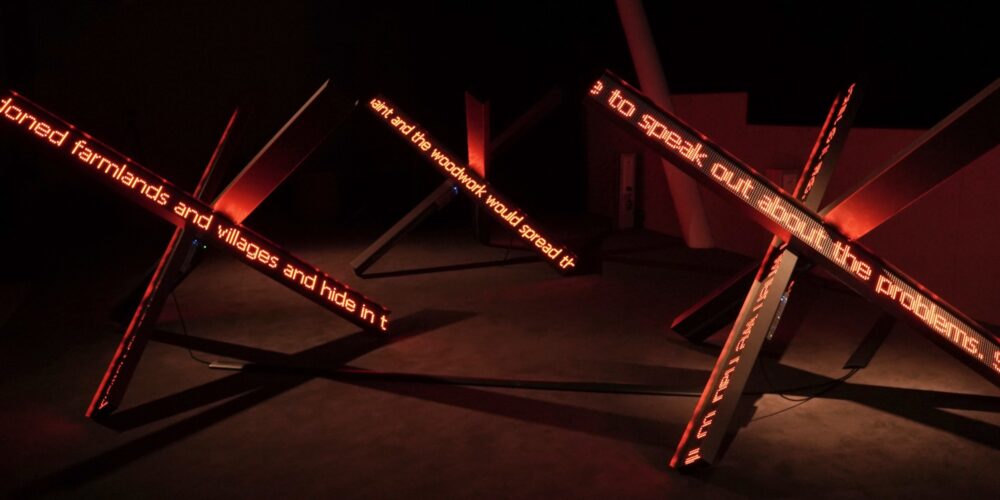
This was the second ArtScience Residency
Migration and displacement pose some of the biggest humanitarian challenges of our time. The winner of this year’s ArtScience Residency enabled by Art Collection Deutsche Telekom, Irakli Sabekia, addressed the issues of spatial justice in his project the “Archive of Spatial Knowledge”.
-
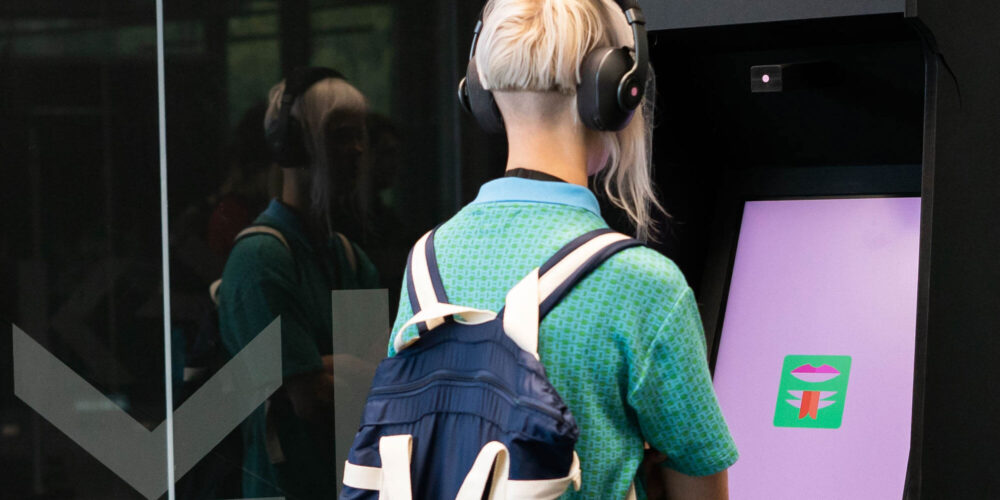
Humanity in-between Videogames and Neurofeedback
With 5 interactive installations, Belgian artist Roel Heremans makes the ethical framework for innovation in our society playfully tangible.
-

Forgotten feelings and false memories
In the residency program “STEAM Imaging IV”, Turkish artist Zeynep Abes is tracing the secrets of memory.
-
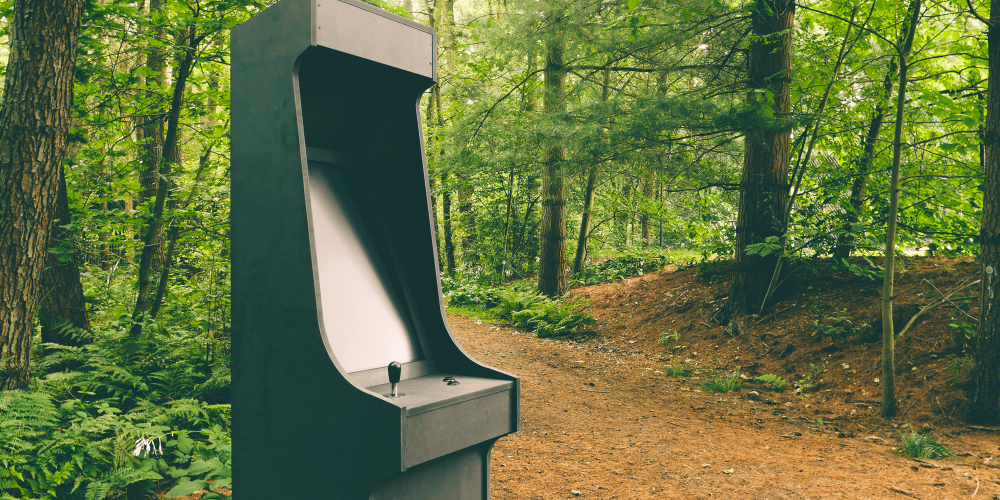
Roel Heremans: The NeuroRight Arcades
Ars Electronica Festival 2022: In a world where neuro-wearables and brain-computer interfaces will soon be ubiquitous, we should also talk about “NeuroRights.”
